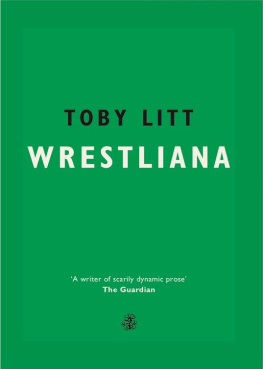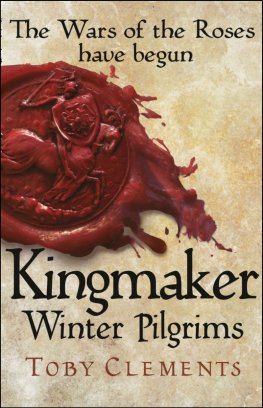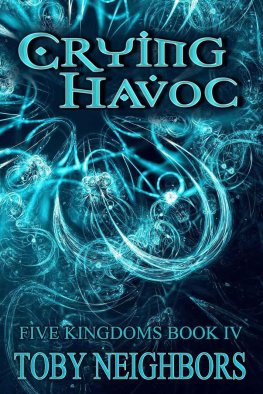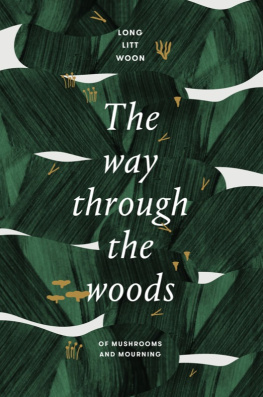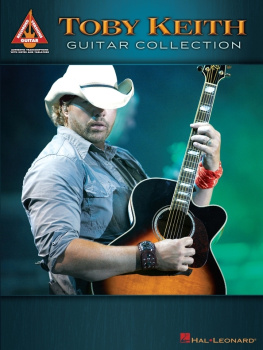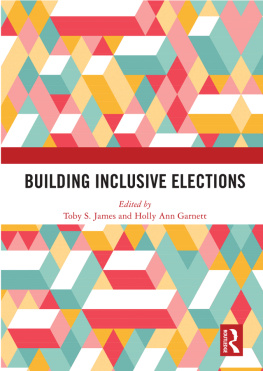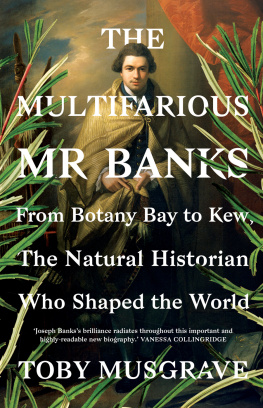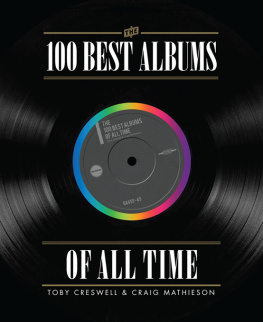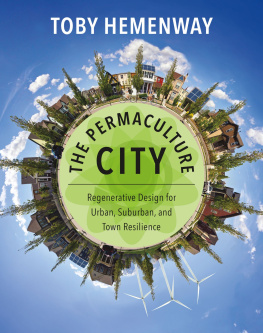Toby Litt - Wrestliana
Here you can read online Toby Litt - Wrestliana full text of the book (entire story) in english for free. Download pdf and epub, get meaning, cover and reviews about this ebook. year: 2018, publisher: Galley Beggar Press, genre: Non-fiction. Description of the work, (preface) as well as reviews are available. Best literature library LitArk.com created for fans of good reading and offers a wide selection of genres:
Romance novel
Science fiction
Adventure
Detective
Science
History
Home and family
Prose
Art
Politics
Computer
Non-fiction
Religion
Business
Children
Humor
Choose a favorite category and find really read worthwhile books. Enjoy immersion in the world of imagination, feel the emotions of the characters or learn something new for yourself, make an fascinating discovery.
- Book:Wrestliana
- Author:
- Publisher:Galley Beggar Press
- Genre:
- Year:2018
- Rating:4 / 5
- Favourites:Add to favourites
- Your mark:
- 80
- 1
- 2
- 3
- 4
- 5
Wrestliana: summary, description and annotation
We offer to read an annotation, description, summary or preface (depends on what the author of the book "Wrestliana" wrote himself). If you haven't found the necessary information about the book — write in the comments, we will try to find it.
Wrestliana — read online for free the complete book (whole text) full work
Below is the text of the book, divided by pages. System saving the place of the last page read, allows you to conveniently read the book "Wrestliana" online for free, without having to search again every time where you left off. Put a bookmark, and you can go to the page where you finished reading at any time.
Font size:
Interval:
Bookmark:
For my father and his grandsons.
You wrestle with your family your entire life.
JUNOT DAZ
My father likes to tell a joke, a story. Not on the page, in person. He does this better than I do. Hes friendlier and less self-conscious. He laughs, gives details when you need them, skips the boring bits, draws you in. One of the best true stories he knows is that of his great-great grandfather, William Litt. It has everything a strong, handsome, tragic lead man. It involves crime, disloyalty, poetry and love. Its a mystery story. It even has some epic fight scenes.
Since I was a boy, my father has told me this story his version of it, anyway perhaps a dozen times. He describes Williams triumphs, as champion Cumberland & Westmorland wrestler and as writer of the first history of wrestling, and his failures in just about everything else. He speaks of Williams secret life as a smuggler, and his loss of a small fortune. He says that William was a sporting hero throughout the north of England, but that even today people are bitter about the debts he left behind. (When my father told the barman in the pub William used to run that he was his great-great grandson, he was told, I wouldnt mention that name in here.) The story always ends the same way. William hops on a boat out of Whitehaven and flees to Canada to escape the local lord.
This was the story my father told me when I told him and my mother that I wanted to be a writer. I was 16-years-old. We were sitting around the dining table oval, pine.
I remember a pause.
I was relieved to have got it out, the announcement. I had been building up to telling them for years.
My father lounged in a Windsor chair that creaked at every shift. My mother sat upright on a chair like mine, wooden and antique but plain.
From primary school on, I had been desperately trying to work out what I should do, what I should be. Dinosaur hunter. Vet. Soldier. Astronaut. The idea of having a vocation, something to give my life meaning, appealed to me long before I knew what a vocation was. I was drawn, I still dont know why, to the idea of apprenticeship to a difficult craft.
Writing can be a very lonely business, said my father. He knew because his sister Shirleys second husband had written and written, novel after novel, none of them published and had left Shirley very much alone while doing so. But if thats what you want to do, thats what you should do.
I cant remember what my mother said, probably just that they both just wanted me to be happy.
We got up from the table.
Ee, son, my father finished by saying, in the Lancashire accent he puts on when he wants to disguise wisdom as wit, praps its in your blood.
He meant William.
About ten years later, when I had published a book, my father began to add a coda whenever he told me some newly discovered fact about Williams life: Its a great story you should write it.
But I had never taken this up God, no!
Wasnt I exactly the wrong person to tell Williams story? I was a puny Southern desk-worker who played video games what did I have to do with this rugged Northern sportsman?
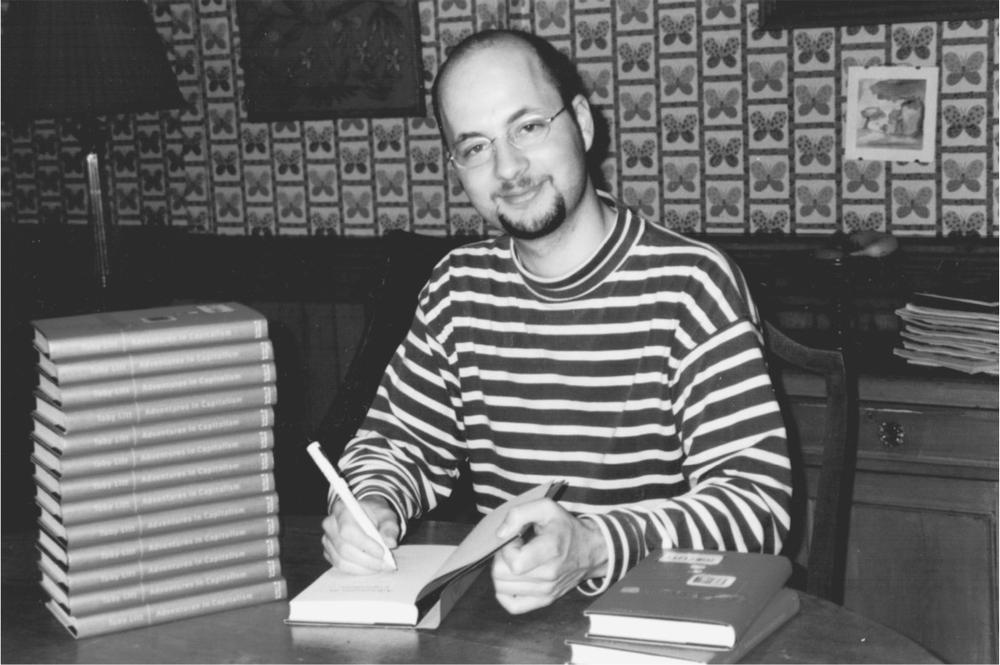
Figure 1. At the oval, pine dining table, signing copies of my first book for family and friends. Photo taken at my fathers insistence; smug expression, entirely down to me.
I knew nothing about Cumberland and Westmorland wrestling, the kind of wrestling William loved at which he was good enough to win two hundred belts.
Although Id grown up in Ampthill, a Georgian market town, in a Georgian house surrounded by Georgian furniture (bought and sold by my father, who dealt in antiques) most of what I knew about that period had come from Jane Austen.
The one physical connection I had with William was the family copy of his densely worded novel, Henry & Mary. This was kept on a bookshelf in the hall. I had been curious about it when I was a boy, because when you opened it, you didnt just see print. It had some old-fashioned handwriting in the back. Someone had copied out a poem called The Enthusiast and written under it by William Litt Author of Wrestliana. I had added some scribble, in pencil.
It was true that William and I had writing in common. But he was known as the author of the first ever history of wrestling an early and important piece of sports journalism. My first book was called Adventures in Capitalism. In it, I wrote about made-up characters living in a very shallow, extremely technological now. I wrote about quick lives going violent and perverse and weird and sometimes haunted. Thats the kind of writer I was, not a historian or a historical novelist. I told the stories I wanted to tell, and they were about the world I lived in and the time I knew. My father was the antique dealer. The past belonged to him.
What I was really worried about, and had always been worried about, was that my father didnt just own the past; he owned the present and future as well. He owned the whole world.
My writing had always been part of a struggle to prove my own existence, my own complete independence, from my family, but most of all from my father.
If I did owe anything to William Litt, if there really was something in the blood, then that blood had come to me through my father and that was something I wasnt ready to admit.
Yet.
Without me knowing it, my father had begun to do some of his own research. In 2005, he wrote to the Secretary of the Cumbria Family History Society. An article about William Litt had appeared in issue 109 of their magazine. He had heard it was very interesting. Could he have a copy?
Unfortunately, the Secretary replied, all copies were gone, even her own but she could put my father in touch with the authors, Mr and Mrs William Hartley of Egremont, Cumbria.
My father wrote to the Hartleys, Bill and Margaret, who were delighted to hear from him. They knew exactly who Yours Sincerely of theirs. He was there in the family trees they had constructed, over the course of thirty years of research.
From local newspapers, theyd excavated Williams patriotic poems, his sports reports and his combative letters. In parish records, theyd discovered the fates of his children and grandchildren.
I got to read some of these in 2009. A visit had been arranged. My father and I took most of a long rainy day to drive up from Ampthill to Cumberland, to the Hartleys comfortable bungalow.
They were very welcoming, quietly enthusiastic. Bill is a spruce, gentle voiced man. He had made much of the Georgian-style furniture in the house, chests of drawers and side tables. Margaret, equally soft-spoken, immediately made us feel comfortable by serving us a proper roast dinner.
During the next couple of days, Bill took us to the sites of William Litts life. They were all very close together his birthplace, the farm on which he grew up, the pub he mismanaged.
I was curious but not fascinated. Already, my father and the Hartleys had come to believe I was taking notes for a book Id write, probably a historical novel with William as hero.
Finally, Bill took us to a cosy new-build cul-de-sac in Cleator Moor.
Our family place.
Not my place.
For a start, I didnt speak the language.
I knew that in order to write The Life and Adventures of William Litt, a novel convincingly set in eighteenth and nineteenth century Cumberland, I would have to spend at least a year mastering the dialect.
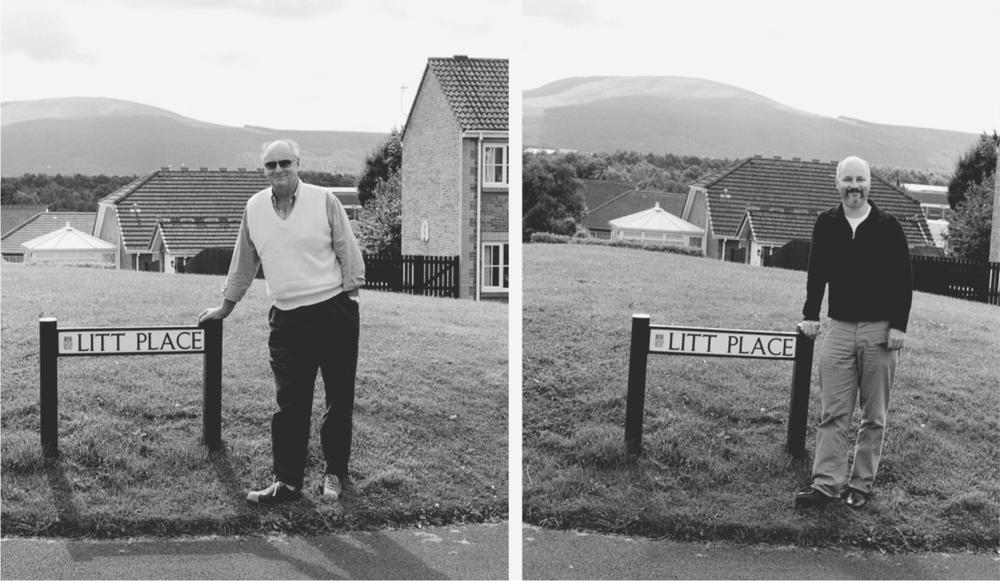
Font size:
Interval:
Bookmark:
Similar books «Wrestliana»
Look at similar books to Wrestliana. We have selected literature similar in name and meaning in the hope of providing readers with more options to find new, interesting, not yet read works.
Discussion, reviews of the book Wrestliana and just readers' own opinions. Leave your comments, write what you think about the work, its meaning or the main characters. Specify what exactly you liked and what you didn't like, and why you think so.

